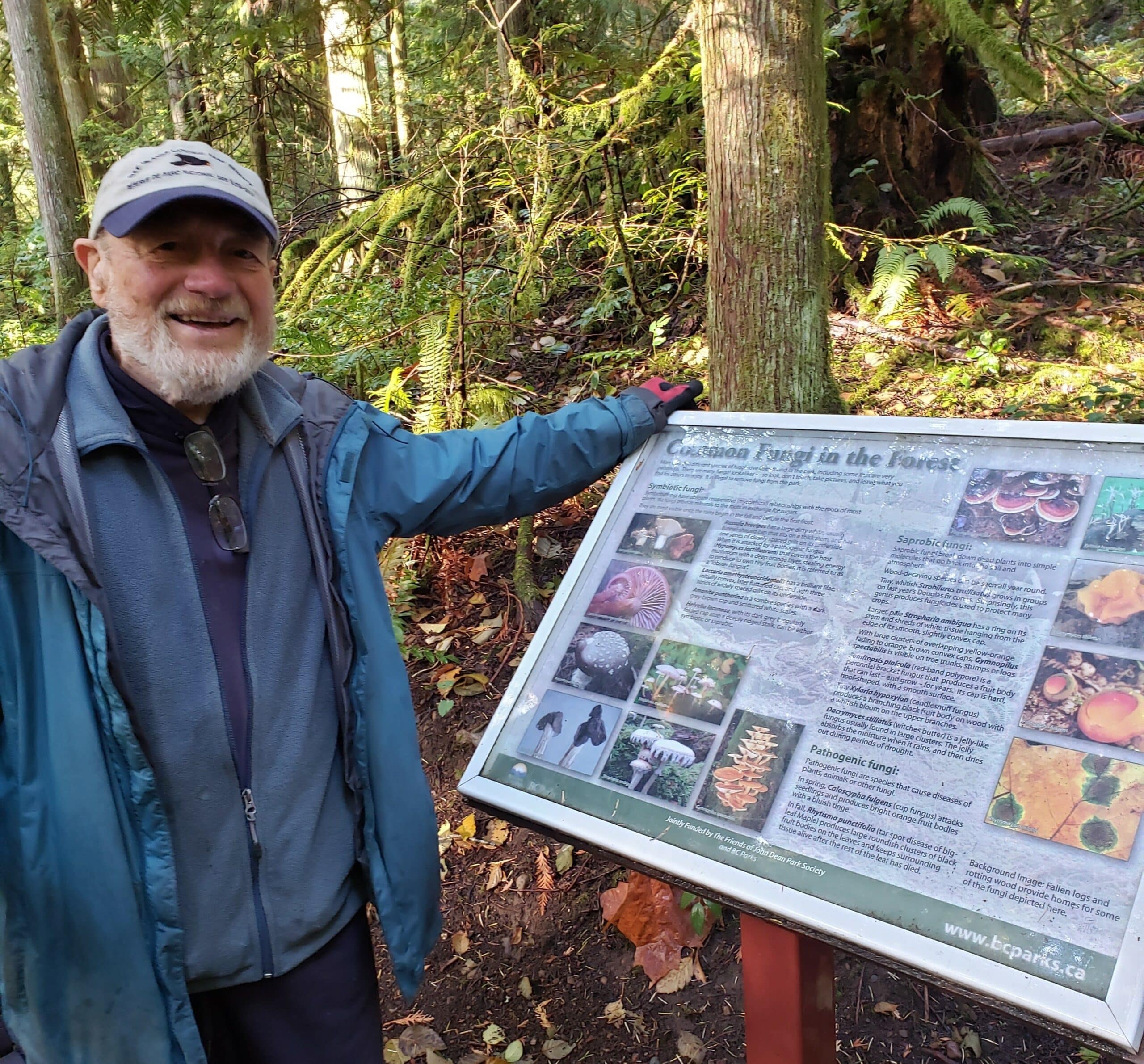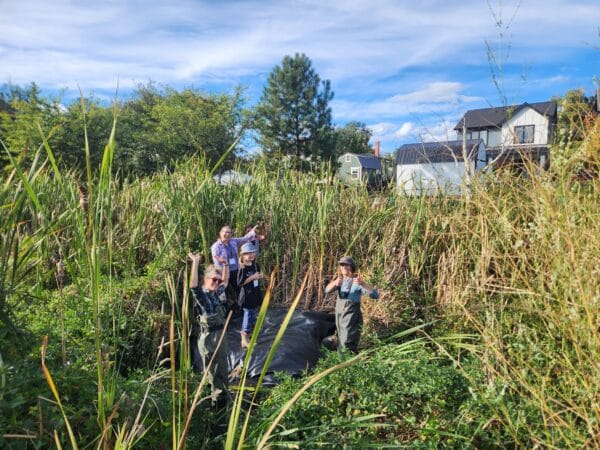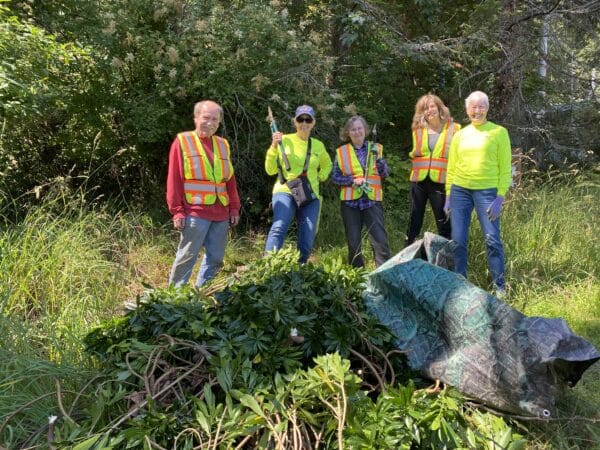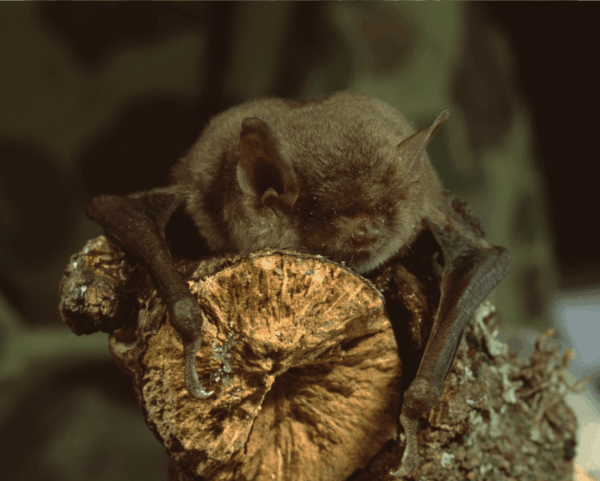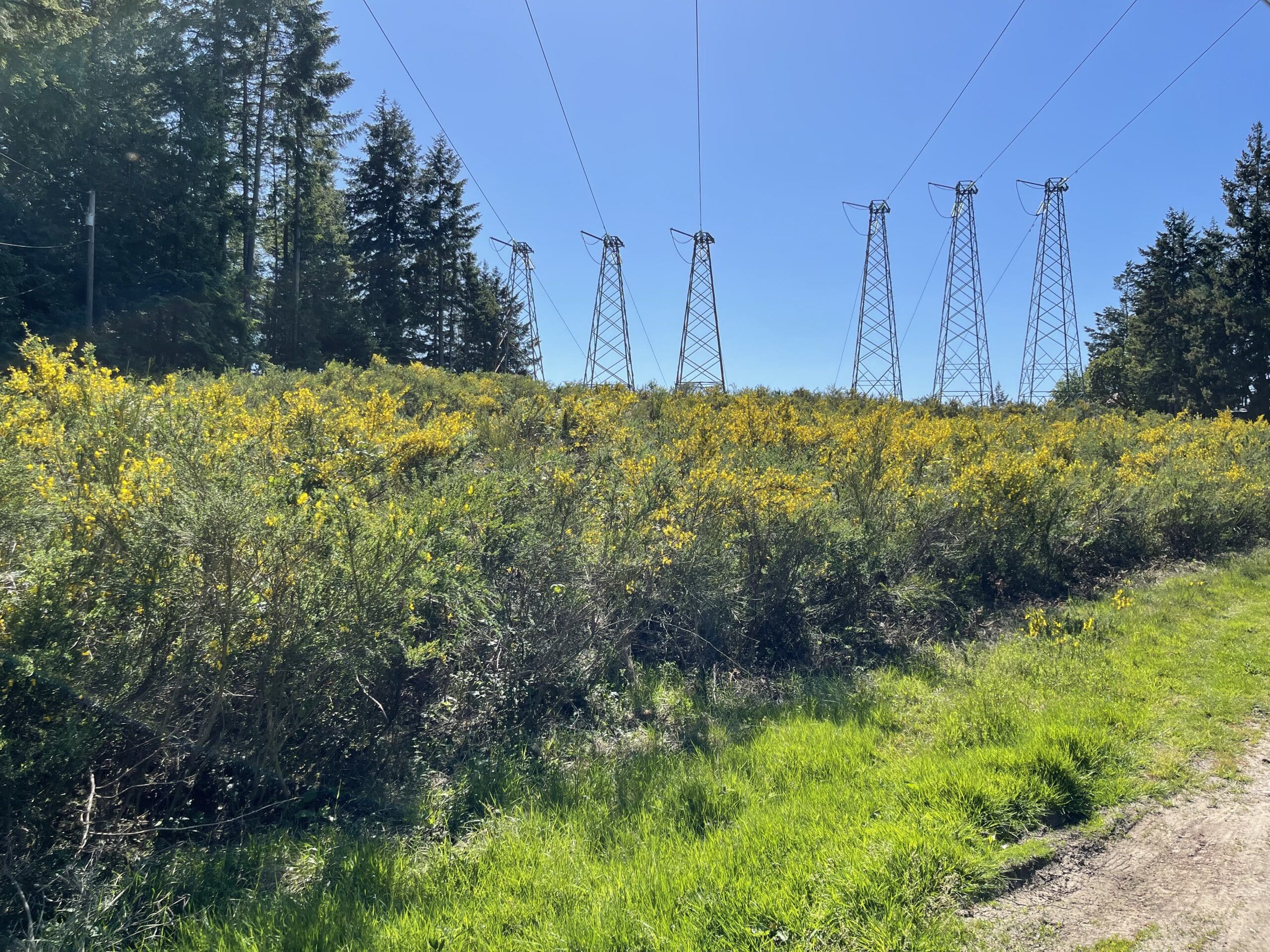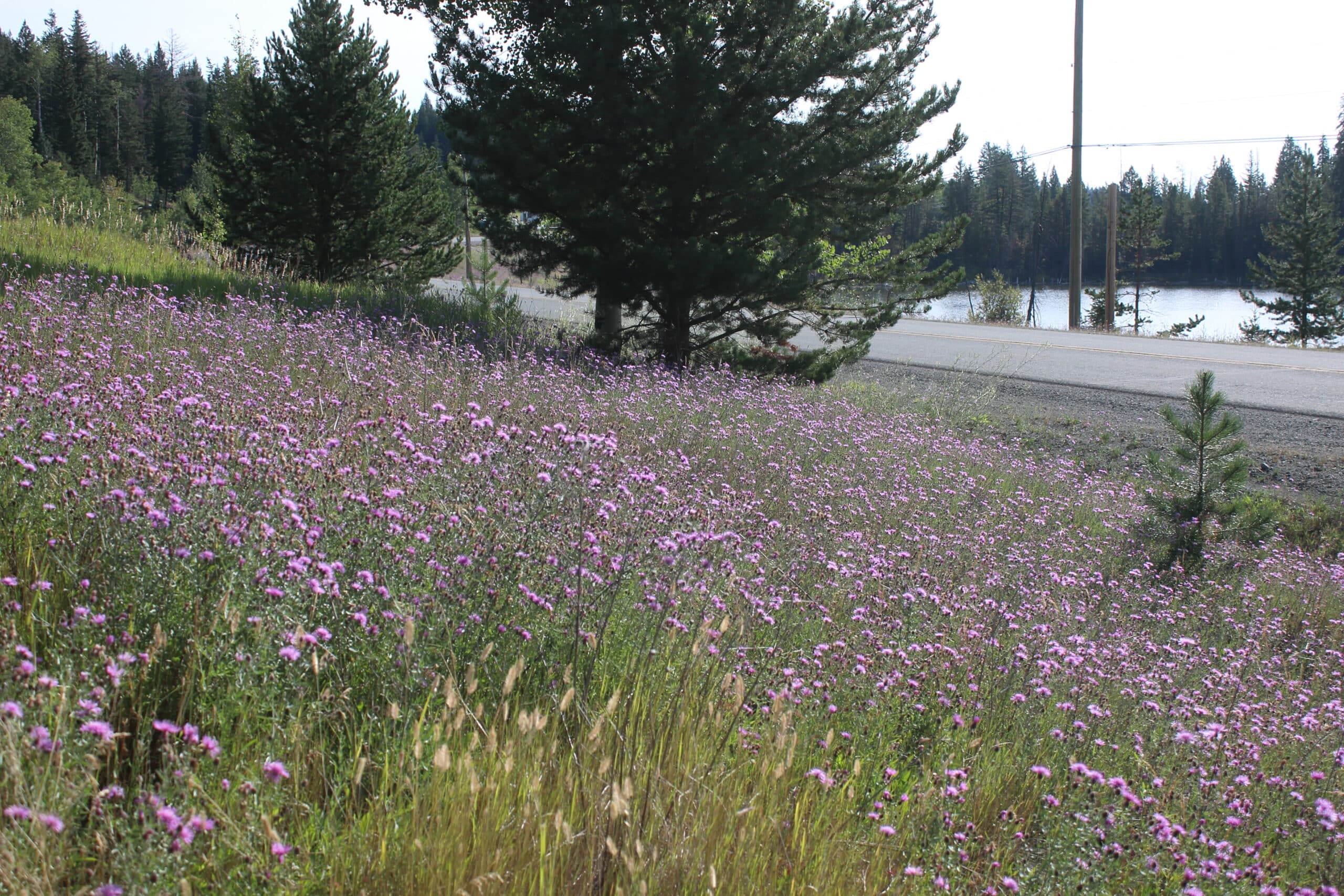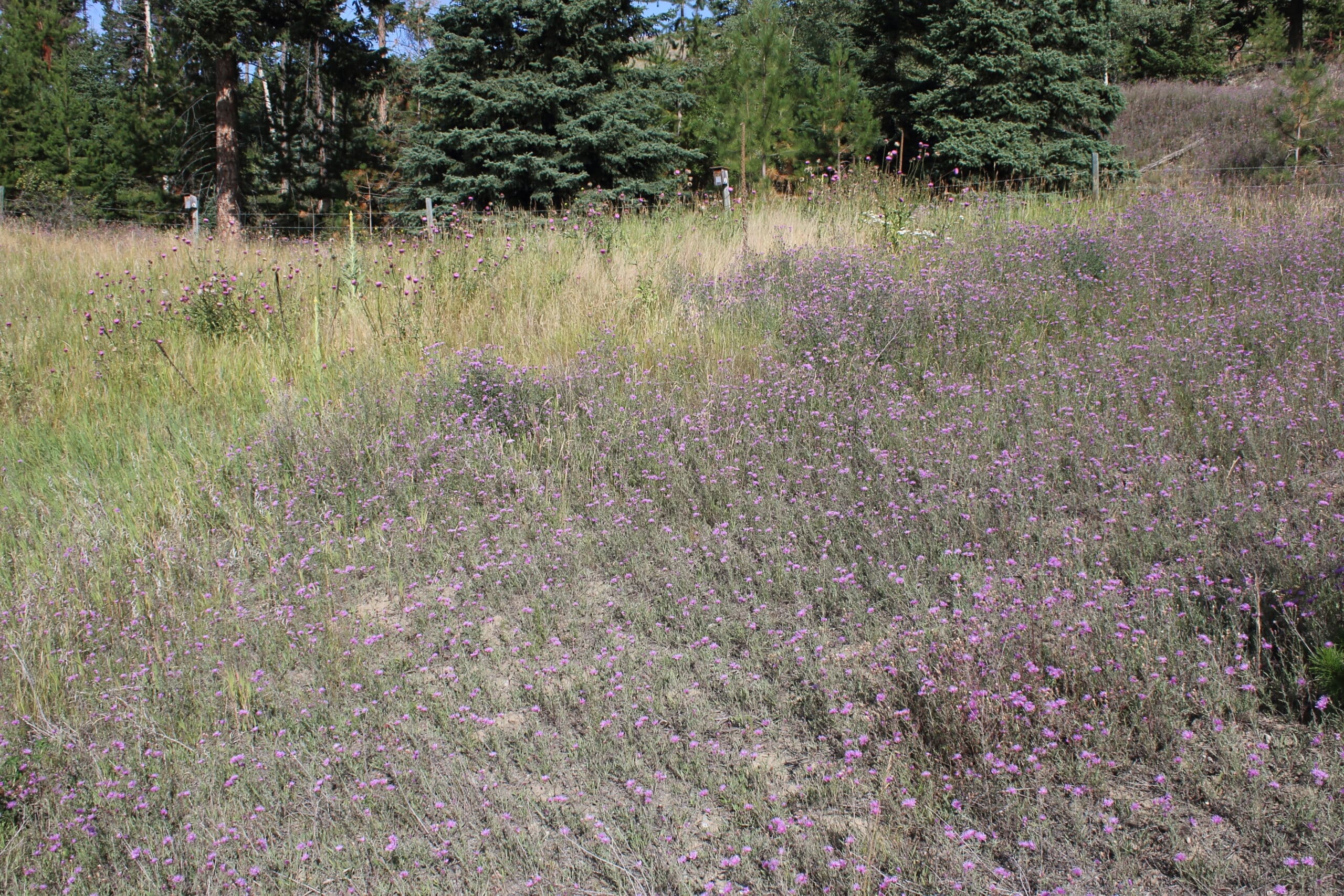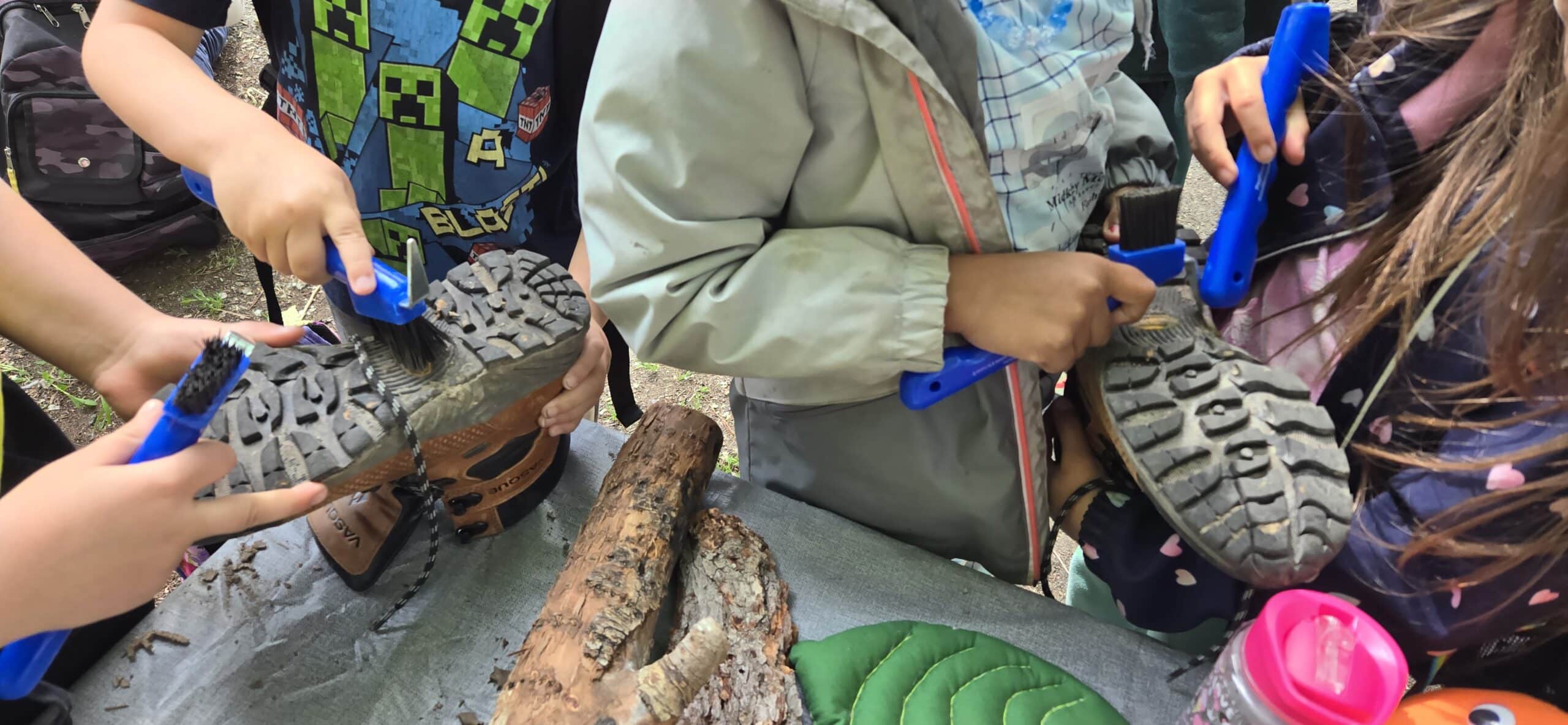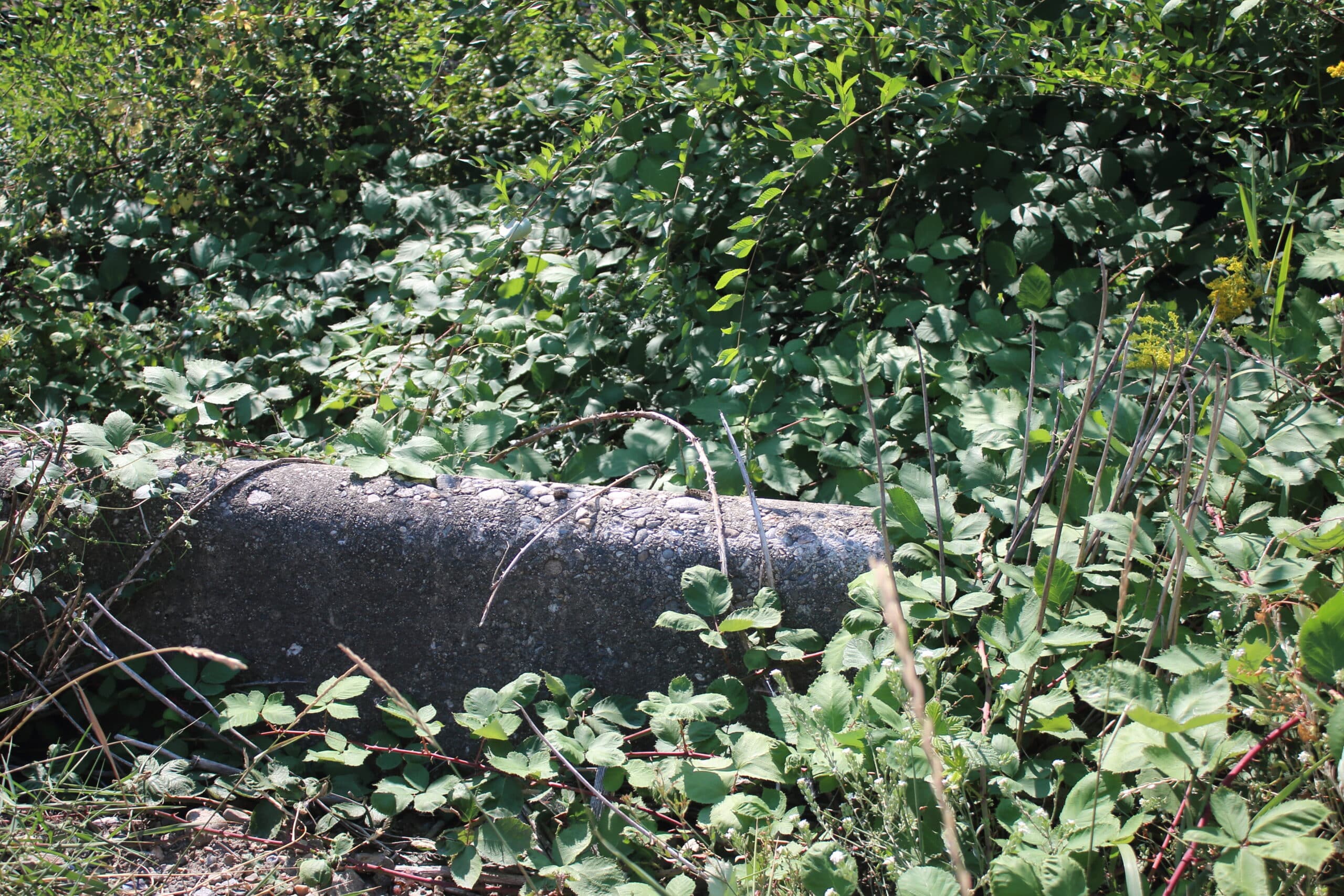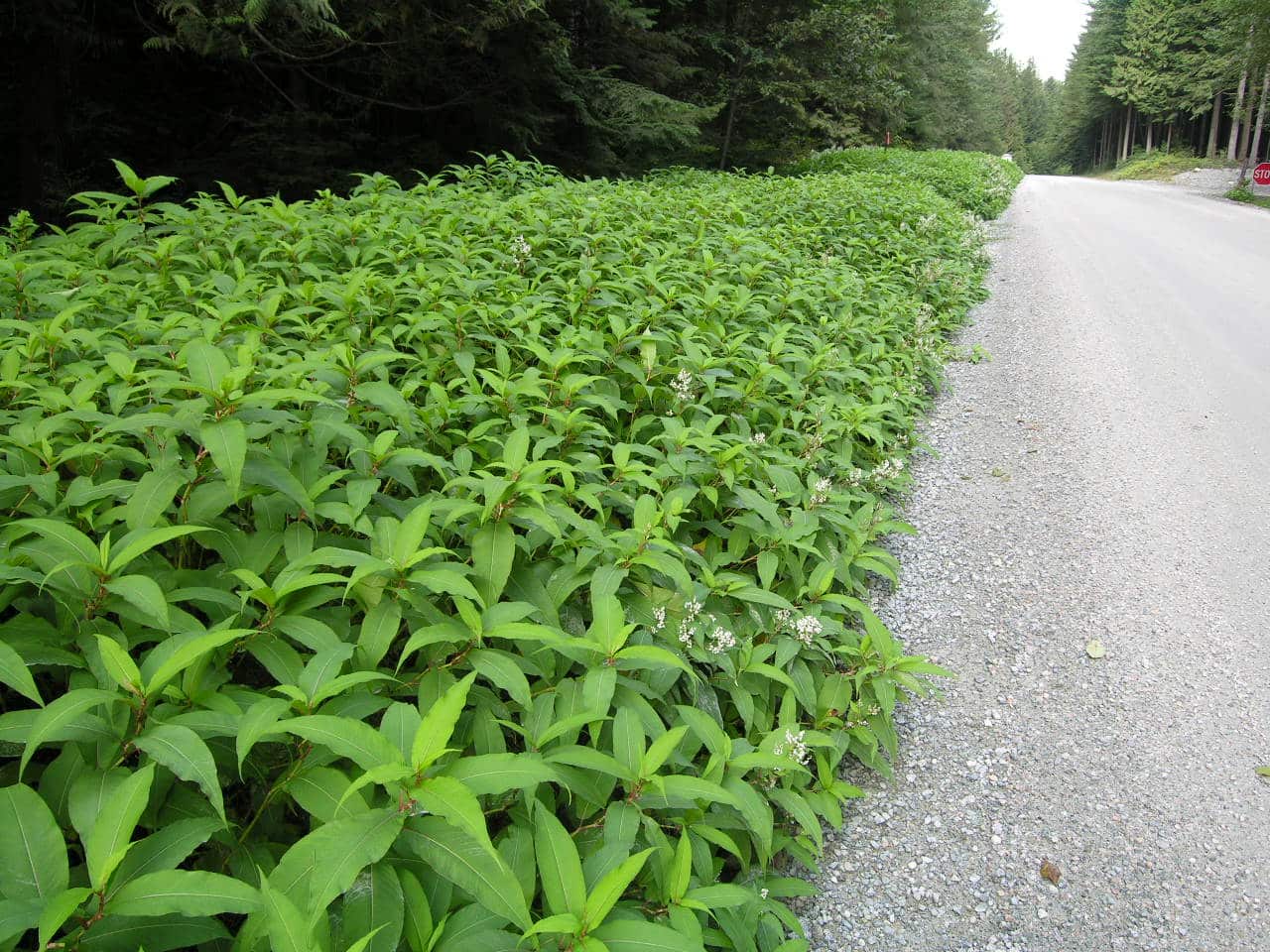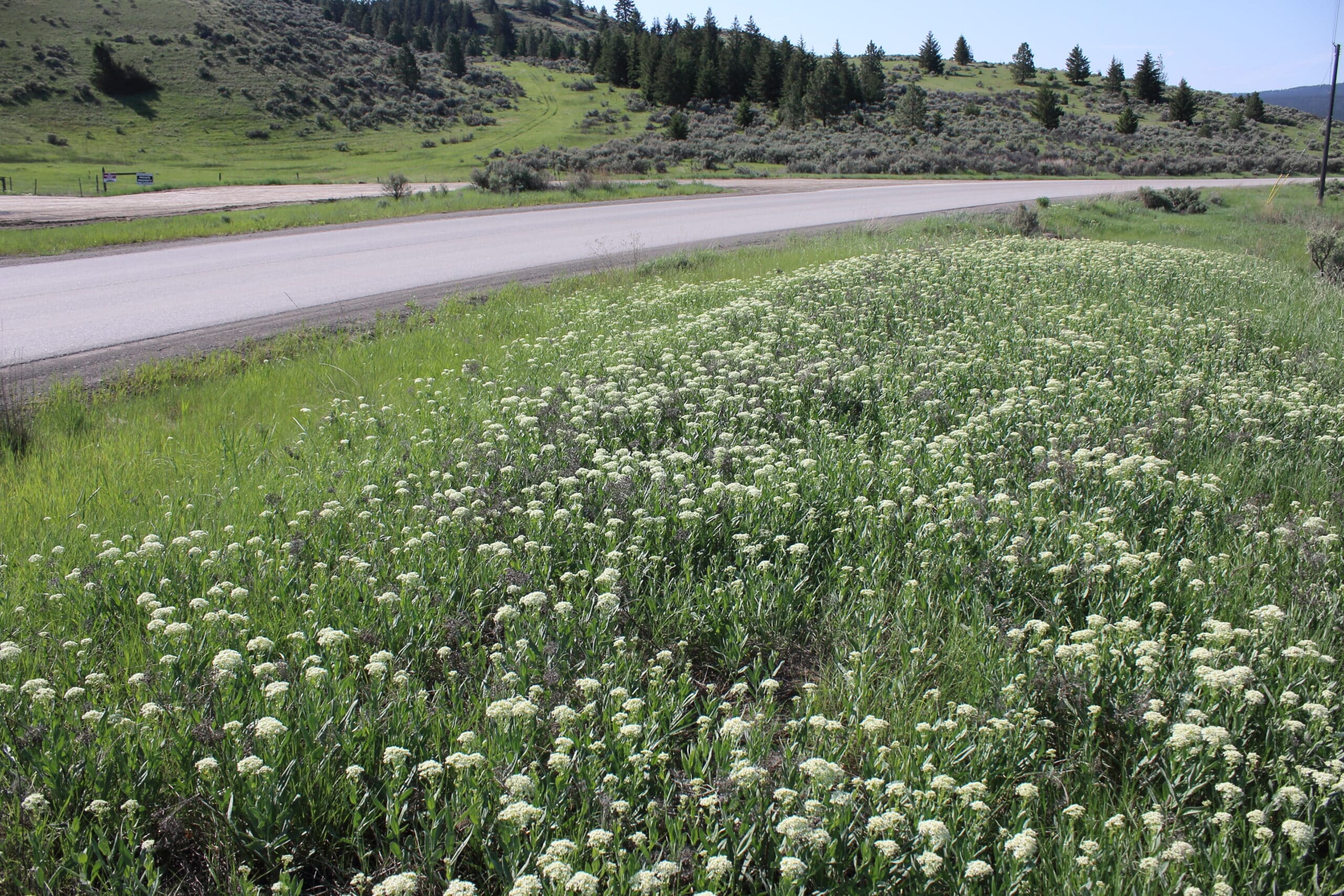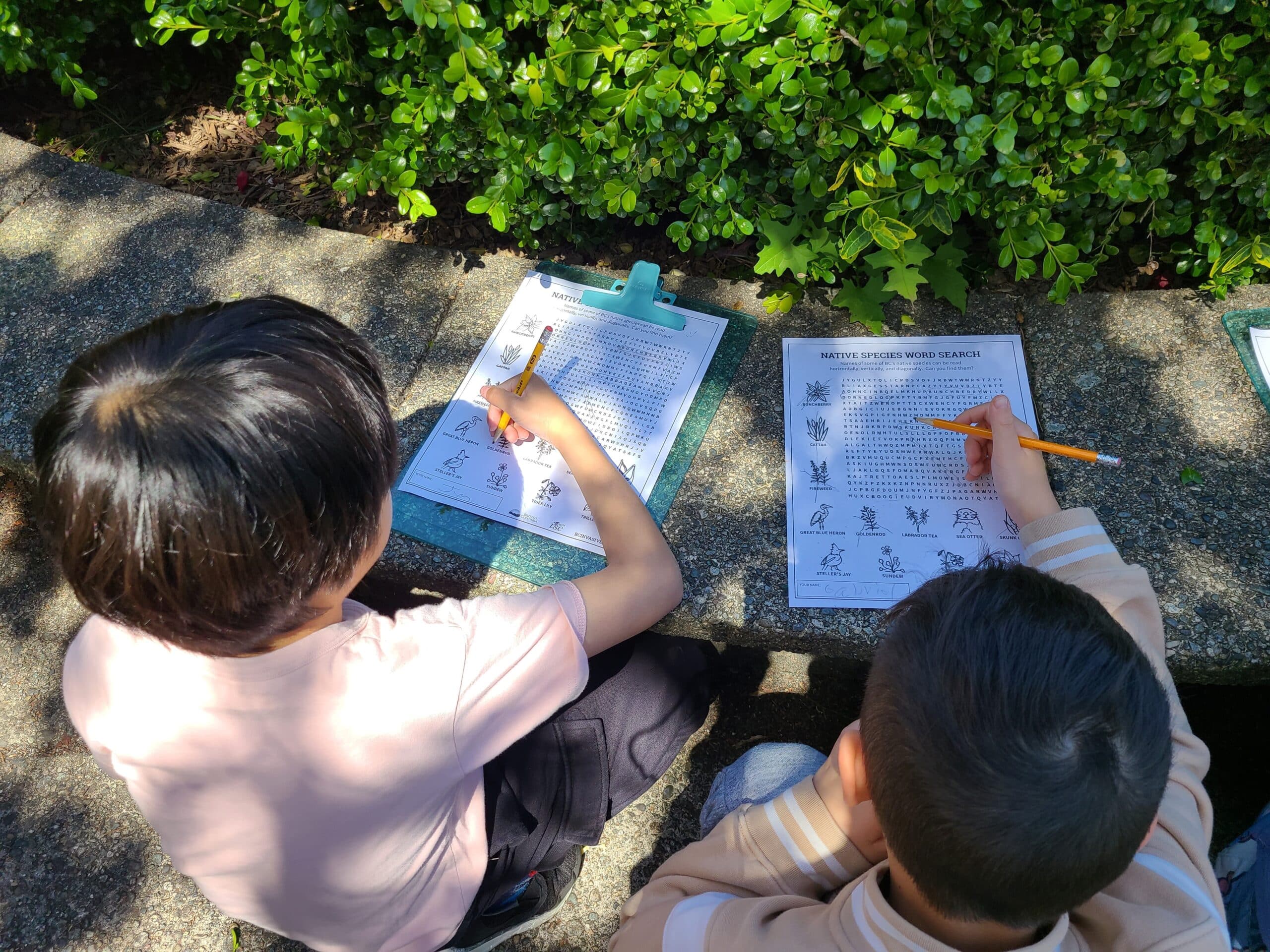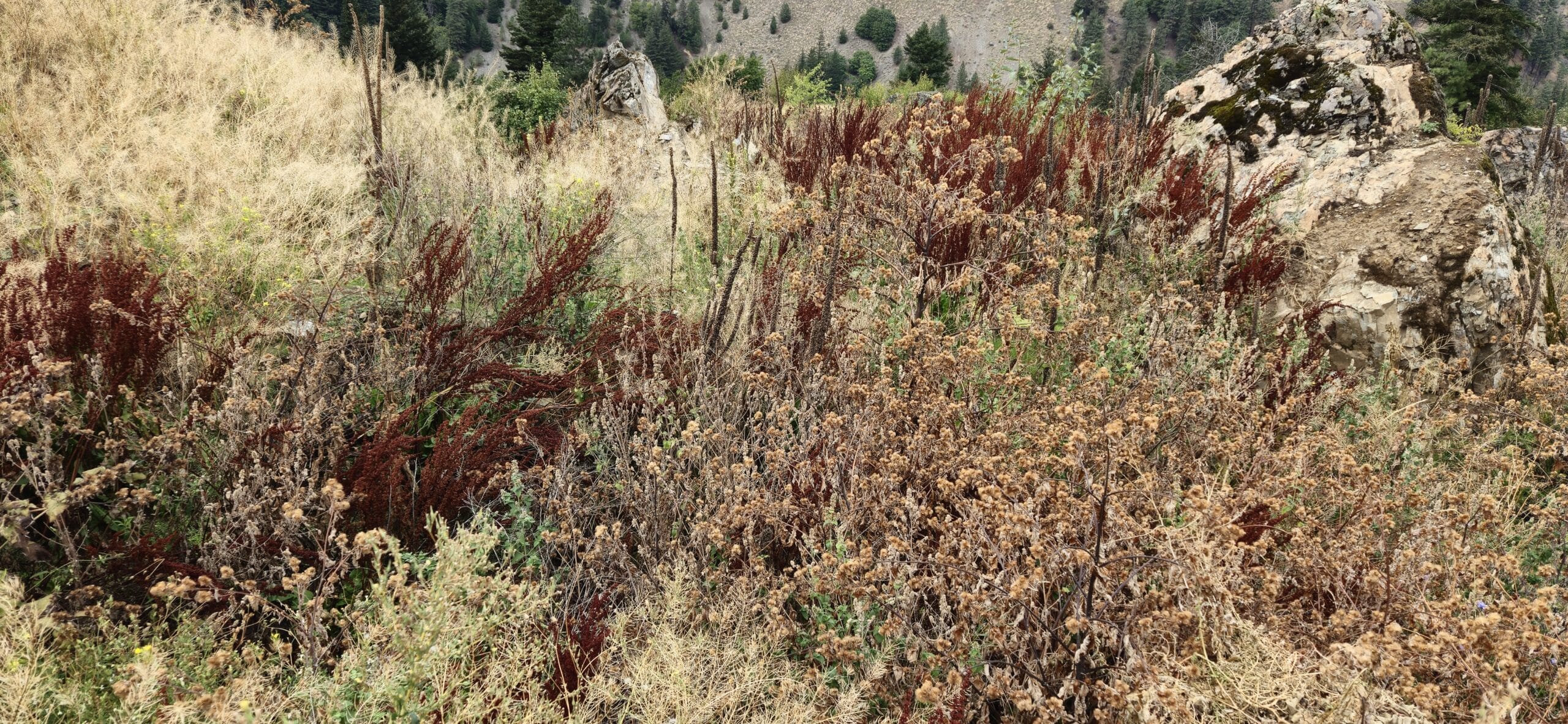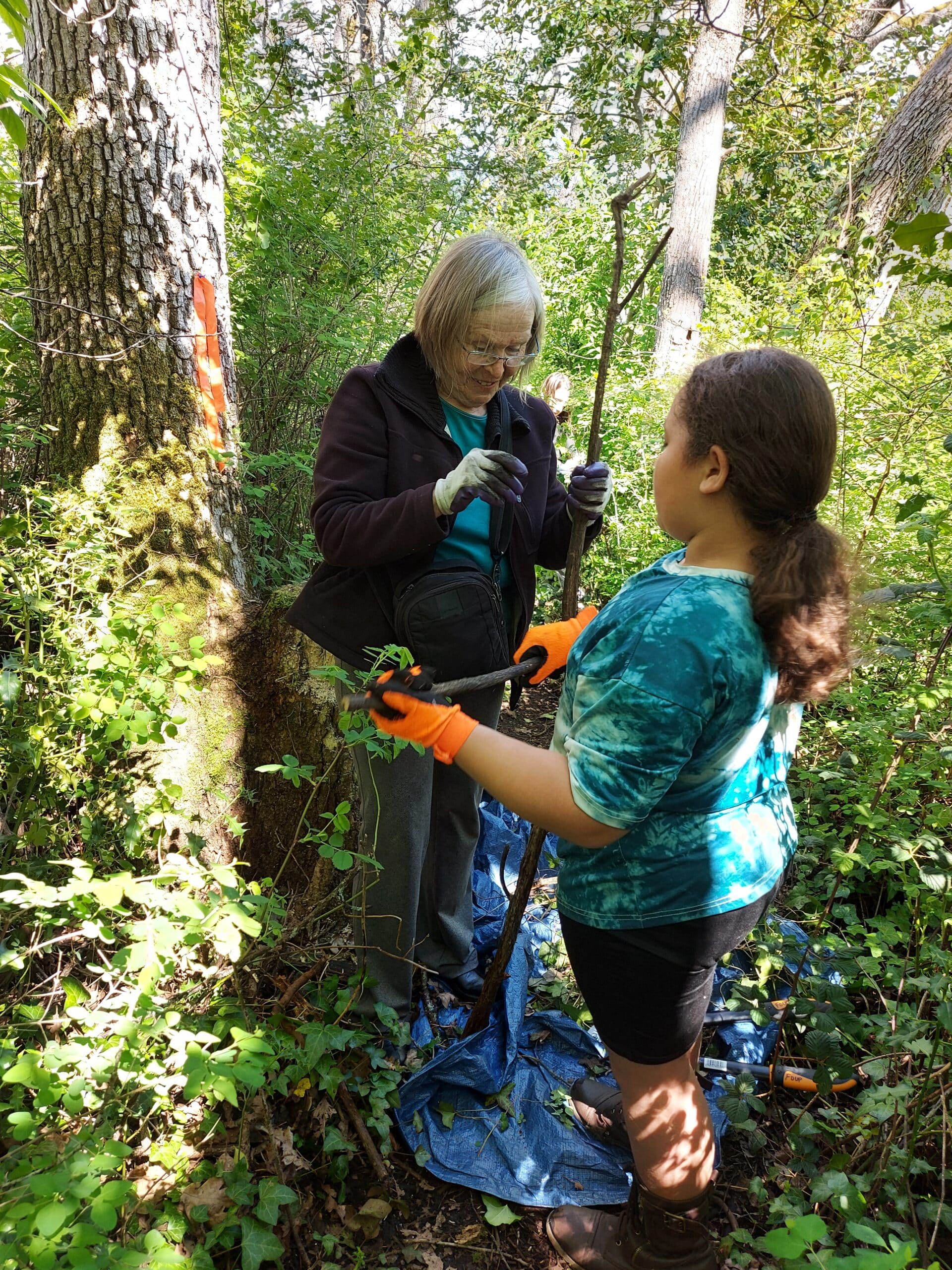By Lisa Houle | July 11, 2023
Age is just a number when it comes to invasive plant removal. 89-year-old Bryce Kendrick, mycologist and outdoor enthusiast, has been pulling invasive Scotch broom from nearby parks on Vancouver Island for the past 20 years. And he has no plans to stop anytime soon.
Hailing from Liverpool, England, Bryce got his PhD from the University of Liverpool at the age of 24 and came to Canada on a National Research Council (NRC) PostDoc. As a postdoctoral scientist, he dove into the study of fungi. Bryce worked as a mycologist for the federal government for several years before being recruited to the University of Waterloo. After some time, he was promoted to Full Professor and was awarded a Guggenheim Fellowship that took him and his family around the world where he studied fungi causing bioerosion of coral skeletons. Taking early retirement at age 60 in 1974, Bryce and his wife moved west to the Vancouver Island home they’ve lived in ever since.
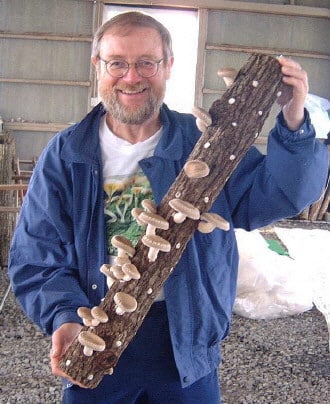
You’d think after such a busy career life Bryce would be content to take things a little slower on Vancouver Island, the pace known affectionately to locals as ‘island time.’ But an invasive plant had caught his interest and, seeing the impact it was making, he knew he had to take action.
“Invasive scotch broom was spreading on the west coast. Mature plants were growing in dune systems on Vancouver Island – many plants were 10-12 feet tall. I knew Scotch broom was highly invasive and often displaces native species. I decided to take action because I care about the preservation of natural ecosystems,” said Bryce, noting it took a long time but eventually the overgrown plants were all removed, taken down to the beach, and burned.
Bryce was hooked from this first encounter, and he has been involved in the removal of Scotch broom and other invasive plants ever since. He started working in John Dean Provincial Park in North Saanich, and when Scotch broom was no longer present in that park, he changed his focus to Island View Beach Regional Park in Central Saanich and the neighbouring Tsawout Reserve. He has also done work at Sidney Spit, joining Parks Canada in removing invasive plants like European beach grass.
Bryce shares his best tips for removing Scotch broom.
“Either pull it out by the roots or cut it off at the ground when it is flowering. That is a good way to kill the plants, since they are putting out maximum energy in the flowers,” he said.
Following the best practice “Cut Broom in Bloom’ – the slogan coined by BroomBusters – ISCBC also recommends cutting Scotch broom when the flowers appear in early spring. Pull only small seedlings out by the root and raze larger plants at the ground. This ensures the soil and underlying seed bank remain undisturbed and helps prevent further germination.
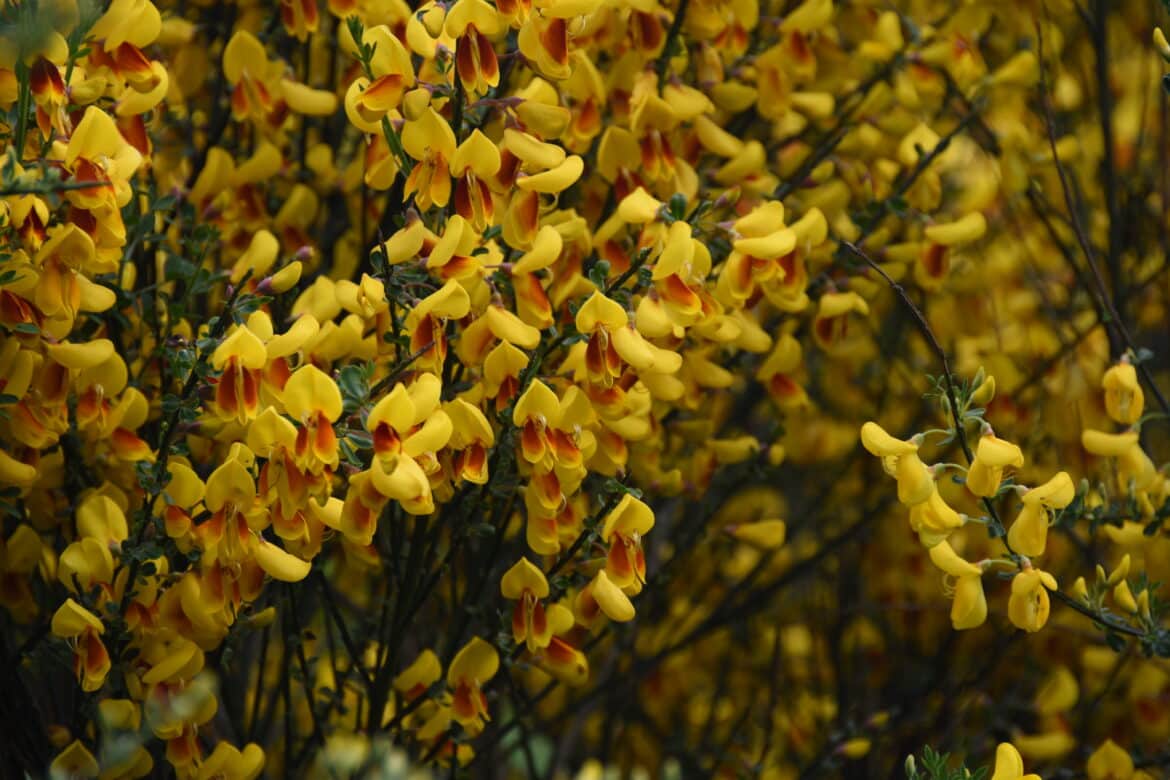
With his deep involvement in the environmental movement, his work to remove invasive species is both noteworthy and commendable. But Scotch broom is stubbornly tenacious. As it continues to spread, Bryce worries we may never be able to get rid of it. This dismay was felt on a recent flight home after giving talks in the San Francisco area, when from the plane he could see a band of yellow almost all the way up the west coast.
It is disheartening. But Bryce won’t be deterred.
“I will continue to remove invasives as long as I can do it,” he said.
Bryce turns 90 on December 3rd. He says he has no issues with his health, though he had cataract surgery and a hip replacement during the past two years. Bryce credits an active lifestyle with being able to keep up his strength.
“I go to the gym every day and do a 30-minute workout, and sometimes I do a trail in Dean Park,” said Bryce.
At nearly 90 years old, Bryce is making a big difference in his community. And he encourages others to help.
“I recommend that anyone and everyone should become involved in invasive species removal because it is such a big issue. We need everyone to get involved if we are to succeed in controlling them,” said Bryce.
Wise words from someone, who has not only led an interesting life with a lot of accomplishments to his credit, but is also on the ground making a difference to BC’s biodiversity every day.
Lisa is a Communications and Outreach Coordinator at ISCBC. She values a diverse environment and connecting with others about environmental protection. In her spare time Lisa enjoys spending time at the ocean and beach combing for sea glass. You can reach Lisa at lhoule@bcinvasives.ca
Share


